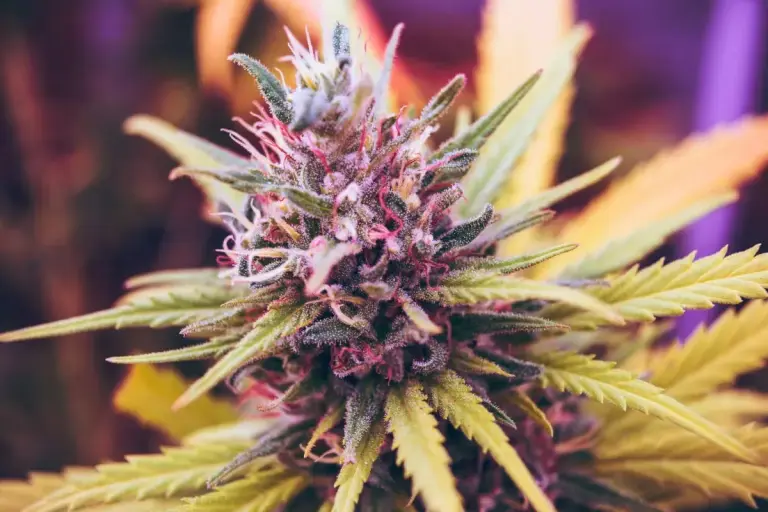PANAMA CITY, PANAMA – The Ministry of Health (Minsa) has officially published the regulatory requirements for the import and distribution of medicinal cannabis products in Panama. The new rules, detailed in Resolution No. 213, were released in the Official Gazette on Friday, October 17, 2025, establishing a clear pathway for companies to bring these products to patients.
The resolution outlines the specific documentation needed to obtain an exception to the standard sanitary registry for finished products containing tetrahydrocannabinol (THC) and cannabidiol (CBD). This regulatory action follows the recent update to the “Official List of Controlled Substances,” which authorized cannabis for medical and scientific use within the nacional territory. The framework is designed to ensure product safety and controlled access.
Key Requirements for THC and CBD Product Authorization
According to the official document, all applications for a sanitary registry exception must be processed through the FADDI digital platform. For products containing THC, applicants must possess a valid medicinal cannabis manufacturing license. They are also required to submit a copy of their Good Manufacturing Practices Certificate and a Certificate of Analysis for the specific batches intended for import.
The Ministry of Health mandates that these THC-based products can only be “dispensed to patients who are on the list of the National Program for the Use of Medicinal Cannabis, via a prescription issued by a qualified physician.” Furthermore, an “Import Permit” must be secured from the Department of Controlled Substances, in compliance with Law 14 of 2016 and Decree 183 of 2018, given the substance’s controlled status.
“The products may only be dispensed to patients on the National Program for the Use of Medicinal Cannabis list, with a prescription from a qualified doctor,” the resolution states, underscoring the controlled nature of the distribution channel.
For products primarily composed of CBD, the requirements are similar but include a critical additional step. Each batch imported must be accompanied by certification from an authorized laboratory in the country of origin confirming that the product contains less than 1% THC. This low-THC threshold is a common standard in international medical cannabis regulations to minimize psychoactive effects.
Implementation and Oversight Procedures
The new regulations include strict oversight measures for pharmacies. Companies must provide the Ministry with a list of authorized pharmacies that are permitted to dispense the products. These establishments are required to archive all medical prescriptions for a period of two years for auditing and tracking purposes.
The resolution, signed on September 26, 2025, is grounded in a comprehensive legal framework. This includes Law 242 of October 13, 2021, and the more recent Law 419 of February 1, 2024, which collectively established the legal basis for the medicinal cannabis program in Panama. The government’s systematic approach to regulation reflects a focus on creating a secure and well-documented supply chain from manufacturer to patient.
“For the entry of these finished products into national territory, each batch must be accompanied by a certification… that confirms it contains less than 1% tetrahydrocannabinol (THC),” the resolution explicitly states for CBD products, highlighting the importance of quality control.
The immediate impact of this publication is the activation of the application process for suppliers and manufacturers. With the guidelines now publicly available in the Official Gazette, businesses can begin preparing their submissions to Minsa. This development is a significant step forward for patients in Panama who are awaiting access to alternative medical treatments. The government’s careful rollout, including the recent policy announcements, demonstrates a commitment to establishing a robust and compliant medicinal cannabis industry.



